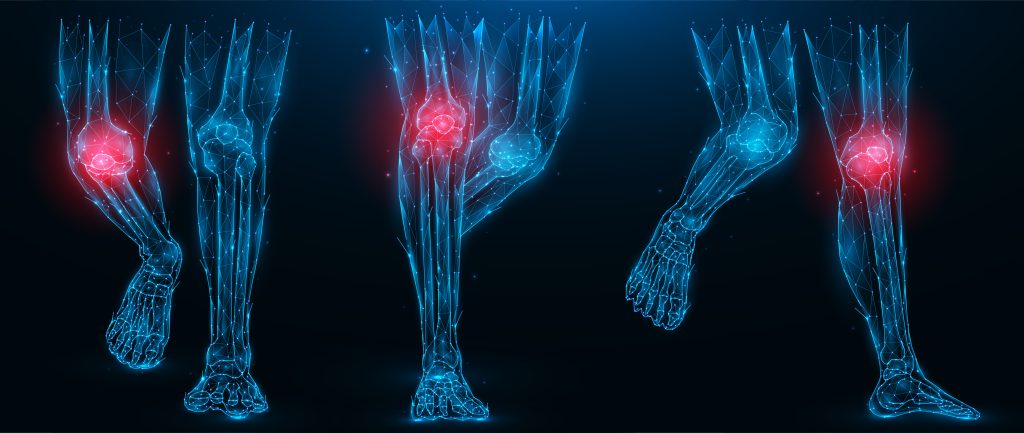Muscle Pain Relief: Causes, Tips & Treatment
Muscle Pain Relief: Causes, Tips & Treatment
Muscle pain also known as myalgia affects people of all ages. It can range from mild discomfort to severe soreness that disrupts your daily routine. Whether it’s caused by physical exertion, stress, or an underlying medical condition, understanding muscle pain is key to managing it effectively and improving your quality of life.
Common Causes of Muscle Pain
Muscle pain may appear in a single area or affect your entire body. The most common causes include:
Overuse or injury during exercise or physical work
Tension or stress, leading to tight or sore muscles
Poor posture or long hours of sitting
Viral infections, like the flu
Chronic conditions, including fibromyalgia, lupus, or arthritis
Pain from overuse typically fades within days, but recurring or chronic muscle pain may need medical attention.

Symptoms That Shouldn’t Be Ignored
Carbon emissions per capita of Pakistan increased from 0.31 tons of CO2 per capita in 1970 to 1.09 tons of CO2 per capita in 2019 growing at an average annual rate of 2.72%. Source: Global GHG and CO2 Emissions / Knoema. In 2019, Pakistan’s carbon emissions (CO2) per capita was at 1.09 tons, according to data technology firm, Knoema. At present, the country emits 223.6 million tons of CO2 by burning fossil fuels and industrial purposes. To reduce carbon emissions from its business practices, JSK Medica has installed state-of-the-art solar panels at our manufacturing facility. These solar panels help generate on-site renewable energy and reduce carbon emissions. Additionally, JSK Medica has planted indigenous trees and shrubs at its plant to reduce pollution and improve outdoor air quality.
Reducing Energy Consumption.
While most muscle pain is temporary, it’s important to watch for signs that could indicate something more serious:
Muscle pain accompanied by fever or chills
Redness or swelling around the affected area
Sudden, sharp pain during physical activity
Persistent pain lasting more than a few days
Weakness or inability to move the muscle properly
If you notice any of the above symptoms, consult your healthcare provider for a proper diagnosis.

At-Home Remedies for Muscle Pain
At-Home Remedies for Muscle Pain
Mild muscle pain can often be managed with simple self-care techniques, including:
Resting the affected muscle
Applying ice for the first 24–48 hours, then switching to heat
Gentle stretching to prevent stiffness
Staying hydrated to prevent cramps
Taking warm baths or using heating pads to relax tight muscles
Over-the-counter pain relievers (as advised by a doctor)
A balanced diet rich in magnesium, calcium, and vitamin D can also support muscle health.
Cicxib (Celecoxib) Relief from Inflammatory Muscle & Joint Pain
Cicxib, by JSK Medica, is a trusted prescription medication that contains Celecoxib, a COX-2 selective NSAID. Unlike traditional NSAIDs that may irritate the stomach lining, Cicxib offers targeted pain and inflammation relief with reduced gastrointestinal side effects. It is commonly prescribed for conditions like muscle pain, joint stiffness, arthritis, and backaches. Manufactured under WHO and PIC/S-compliant facilities, Cicxib reflects JSK Medica’s commitment to safe, effective, and quality-driven pharmaceuticals for pain management. Always use as directed by your healthcare provider.

Lifestyle Tips to Prevent Muscle Pain
Incorporating healthy habits into your routine can reduce your risk of muscle pain:
Warm up and cool down before and after exercise
Avoid sitting in one position for long hours
Use proper techniques when lifting heavy objects
Manage stress through meditation, yoga, or deep breathing
Get adequate sleep to allow your muscles to recover
These small changes can make a big difference in your overall muscle health.
